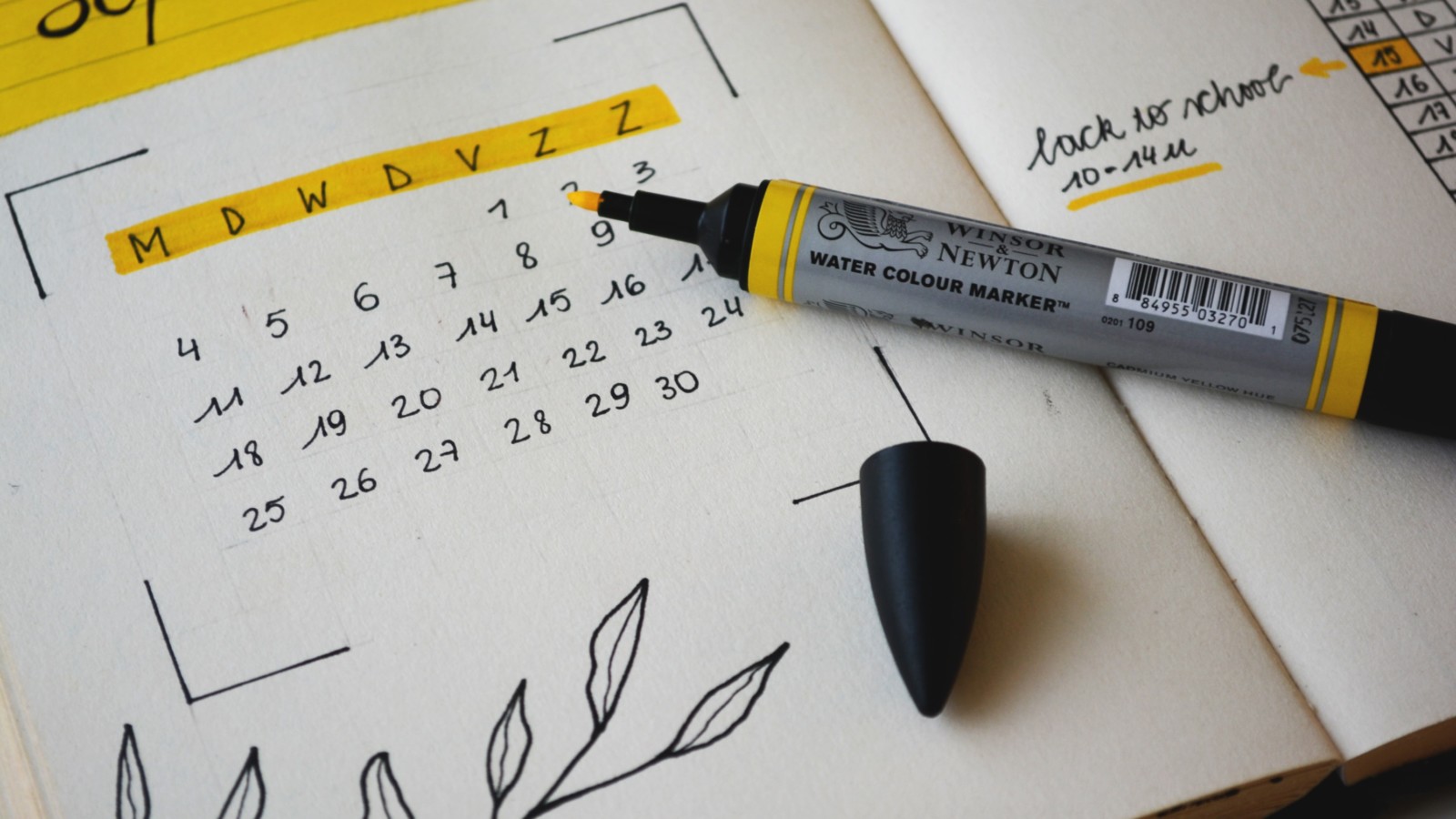I’ve used 30-day challenges to make significant changes in life. When I wanted to start running and drinking more water to improve my health, I used 30-day time frames to make these actions into long-running habits.
A powerful habit that helps you get better emotionally and mentally is journaling. And I suggest going on a 30-day journaling challenge to change your life and how you feel in general.
In this post, I’ll share how you can set up your own 30-day journaling challenge and the benefits you’ll get in the process of completing it.
Choose the right tools
Journaling is a flexible activity that you can undertake in your own way. There are many options to choose from when it comes to the practical task of writing down your thoughts. Fortunately, this wide availability of tools and techniques means that you can easily start and maintain your journaling habit. Let’s look at some ways you can opt to start journaling:
- Use a paper notebook or diary to write in with different kinds of pens
- Work with online platforms that are specially designed to look and act like journals
- Start a blog and publish your thoughts on it every day. You can choose to be anonymous or write blog posts under your own name
- Use software and tools that you can download to your computer that work offline. They also act like digital notebooks but they don’t need the internet to work
- Create voice notes on your phone
Writing with pen and paper can feel more tactile and immersive. But using a digital tool offers the advantage of portability. You can write or speak your thoughts on the go.
Whatever you choose, make sure it’s a method you enjoy so that it naturally turns into a habit that sticks.
Make your journaling easy to do
To successfully develop a habit, it’s important to make it easy to do.
In life, we tend to default to tasks that feel automatic and easy. To make your journaling more effective and regular, it is important to make it convenient to access.
A good idea is to keep your journal by your nightstand or to use a small pocket journal that you can carry with you everywhere. And of course, you can always use your phone or the laptop that you carry with you all the time to jot down your thoughts and enter details.
Another step you can take is to set an alarm or a reminder on your calendar to write in your journal at a specific time.
When you make it easier for yourself to journal by setting reminders and keeping your journal at hand, you’ll be more likely to turn it into a regular habit.
Write at the same time each day
To develop any habit it is important to create a fixed time where you perform a particular action. When it comes to journaling, most people either opt to write early in the morning or just before they go to sleep at night. There are advantages to both these methods.
The author Julia Cameron who wrote The Artist’s Way recommends that you write three pages of freewriting every morning as soon as you get up. According to her, doing this enhances your creativity and brings up new thoughts and ideas. So, if you want to become more creative then I suggest waking up in the morning and carrying out freewriting as part of your journaling habit. The key is to write down everything that appears in your mind without any judgment or restraint. This method allows you to expel surface-level thinking and tap into deeper thoughts.
Writing at the end of the day just before you go to bed is also powerful.
You get the chance to reflect on your day and start winding down to sleep. Processing your experiences at the end of the day will help you reduce stress and create closure for the experiences of the day. As a result, you’ll clear your mind and get better rest.
Create enough time to build a routine
When you do something every single day for at least 30 days, that action will become a natural part of your life.
When you journal in a deliberate and consistent way for at least a month, the act of writing down your thoughts will become automatic.
The important thing is to be consistent and focused. As you keep writing, you’ll start to see more and more benefits over time.
Learn from your experience
In life, we develop thought and behavioral patterns that we don’t even realize we have. Journaling gives you the chance to write down your thoughts and actions within a short time span of them taking place.
As a result, when you go back and look at your entries, you’ll get insights into events and your own behavior.
So, it’s important that you take the time to read through your writings once a week or once a month.
You’ll be surprised at how much you change in a short span of time and you may even gain some distance from your thinking and feelings. You’ll be able to look back at your actions and thoughts in a more rational way and make changes that help you grow.
Conclusion
Journaling is a powerful tool that can help you grow as a person. You’ll see the benefits of this practice in your personal life as well as your work.
Studying your previous journal entries can help you become a better leader and uncover ideas that you can apply to your business.
Your journaling will also help you reduce stress and interact better with others as you bring out your more creative and thoughtful side.
Get started with your journaling habit today to make a difference.


